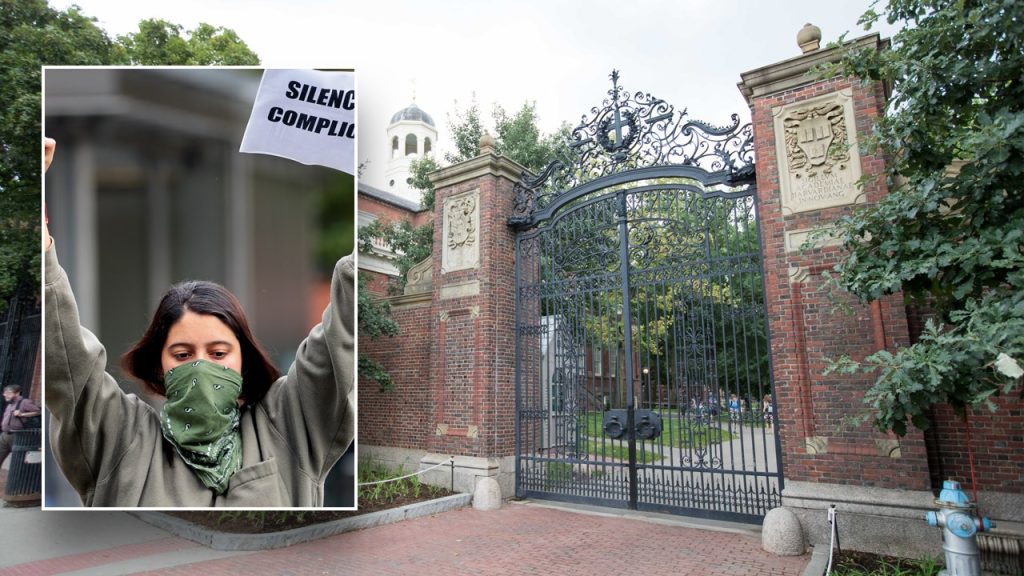Harvard University has closed Harvard Yard in response to anti-Israel protests, restricting access to the outside area until Friday. Signs posted on the gates of Harvard Yard stated that the area was closed to non-Harvard ID holders and prohibited structures like tents and tables without prior permission. Blocking pedestrian pathways and building entrances was also forbidden, with students facing disciplinary action for violating these policies. This move comes as more than 200 anti-Israel protesters gathered in Harvard Yard on Friday, demanding that the university divest from Israeli companies and investments in the West Bank. Similar protests with encampments have also taken place at Yale University and Columbia University.
At Yale University, 47 protesters were arrested and charged with misdemeanor trespassing, following a week of campus protests. Meanwhile, Columbia University in New York City saw 108 anti-Israel protesters arrested, prompting the university to shift to virtual classes as protests continued. NYU also experienced protests with about 50 demonstrators gathering in front of the business school plaza without notifying the university. While access to the plaza was closed, classes were still held. These protests erupted across Ivy League campuses just before the start of the Jewish holiday of Passover.
The closures and restrictions in response to anti-Israel protests have disrupted normal operations on these prestigious university campuses. By closing off access to certain areas and prohibiting certain activities, such as setting up structures without permission, the universities are trying to maintain order and prevent further disruptions from occurring. This move also serves as a response to the demands of the protesters, who are calling for divestment from Israeli companies and investments in the West Bank. The protests have led to arrests and charges of trespassing, as well as virtual classes being held to ensure the safety of students and faculty.
As the protests continue to unfold on Ivy League campuses, tensions are running high between those in support of the protesters’ message and those who believe that the university’s actions are justified in maintaining order. It remains to be seen how these protests will impact future policies and actions taken by the universities involved. The demonstrations come at a sensitive time, just before the start of a major Jewish holiday, adding an additional layer of significance to the ongoing events. The universities are working to address the situation with urgency and ensure the safety and well-being of all students and faculty involved.
The intense nature of the anti-Israel protests has led to swift action being taken by the universities, including arrests and the implementation of virtual classes. The protesters’ demands for divestment and the university’s response in closing off certain areas reflect a larger conversation around social justice and activism on college campuses. The protests have brought attention to the Israeli-Palestinian conflict and the role of universities in addressing social and political issues. It remains to be seen how these events will shape the future of campus activism and the response of universities to controversial and sensitive topics. Overall, the protests highlight the complexities of balancing free speech and social activism on college campuses.















